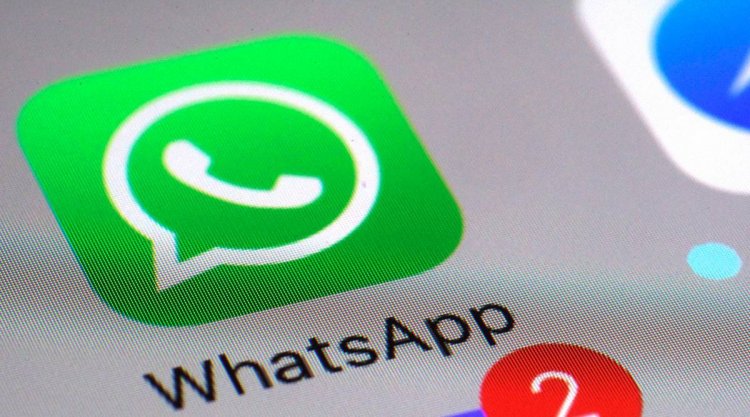Legal Battle between Whatsapp and Government will Determine India’s Internet Future
STORIES, ANALYSES, EXPERT VIEWS

The outcome of the legal battle between the new IT Rules and the lawsuit filed by WhatsApp, according to Tim Culpan and Andy Mukherjee (Bloomberg Opinion columnists), will determine “India’s internet future — free and open, or stymied and controlled.”
The new Rules would compel social media platforms such as Facebook Inc.’s WhatsApp to trace chat messages, among other things.
Is India going the China way
The concern for India is that “it’s dragging the country backward to the China of 2006. That’s when Beijing was powering up The Great Firewall, a mammoth project that would prevent outside information from flowing into the nation and allow authorities to control what was shared internally. The result has been an exit from the world’s largest internet market by some of America’s biggest names, including Facebook, Google and Twitter.
“Those same companies now see India as the next big hope. With plenty of growth ahead, not only for content but also e-commerce and digital payments, none want to be left out.
Where China “had the resources to build the firewall itself, and later rely on companies to self-police, India may need domestic business interests to do the job. In the name of a responsible internet and protecting citizens from data imperialists, several will be eager to abet the government in soft censorship. Keeping global tech firms out — or forcing them to accept a subservient role — may help Indian capitalists build their own consumer-centric empires.”
While the outcome of the legal battle will take time, Bloomberg argues “after failing to keep their foothold in China by going it alone and making the case for an open internet, Western firms will try hard to not lose the only other market of more than a billion people…..Amid the various pushes and pulls, India may end up somewhere between a Chinese-style firewall and a Western model of free internet…..”
The power politics
That is one view. The ground reality however, writes Amber Sinha (executive director of Centre of Internet and Society) is with India’s focus on strengthening ties with the US, “it is unlikely that any immediate bans will arise out of this non-compliance by American Big Tech companies.”
The IT Rules nevertheless, are designed to “achieve their primary objective – to hand the Indian state a vital legal weapon in the gradually escalating battle with Big Tech companies….”
This is important for India because at the centre of the new IT Rules “is the growing narrative of ‘data colonialism’. Users in the global South generate data, which platform companies analyse and process in their home jurisdiction, reaping its economic dividends and skirting regulatory scrutiny from the other states where they operate. This behavior of Big Tech companies has been likened to private players that served as catalysts of colonialism in the past……”
BJP: sensitivity to criticism
The other related issue for the government pressing social media giants, is its sensitivity to criticism.
In the view of Coomi Kapoor (consulting editor, The Indian Express, and author of The Emergency, A Personal History) BJP “PR managers’ strident, sledgehammer tactics in trying to ensure good publicity end up doing far more harm than good……” The optics of dispatching police to the offices of Twitter, “simply because Twitter put an adverse tag on some tweets by ruling party members” and “subsequent attempts to pressure a global social media platform” are damaging.
Kapoor notes that “between January and June 2020, the government made an unprecedented 2,367 requests to Twitter for disclosing the identity of those writing what it believed were objectionable messages and posts…..” While the Information and Technology Rules decree that the government is entitled to such details, Kapoor believes “that amiability and accommodation, and having broad enough shoulders to take criticism on the chin, make for better media relations than throwing your weight around.”
In any case, the Facebook-owned chat messenger, WhatsApp, has now challenged the government in court over the new regulations, claiming that they could be misused to muzzle dissent.
Political sensibilities important: Kapoor believes that most media managers of the establishment are “IT and industry experts, with no political sensibilities, who short-sightedly judge success or failure in terms of the numbers in their support on social media or how many did they bully into toeing their line. For them, which hashtag is trending becomes an important metric and that’s why they have little understanding of why abusing the foreign press — be it in the 1970s or last week — is silly and counterproductive. They believe their task is to set the narrative and give bullet points to the media, large sections of which do a cut and paste.
“Similarly, the party’s IT cell dominates the narrative more than political leaders. IT cell operatives have neither any sense of history nor politics, their rebuttals and counters are harsh and abusive, instantly magnified by their army of trolls…..”
















